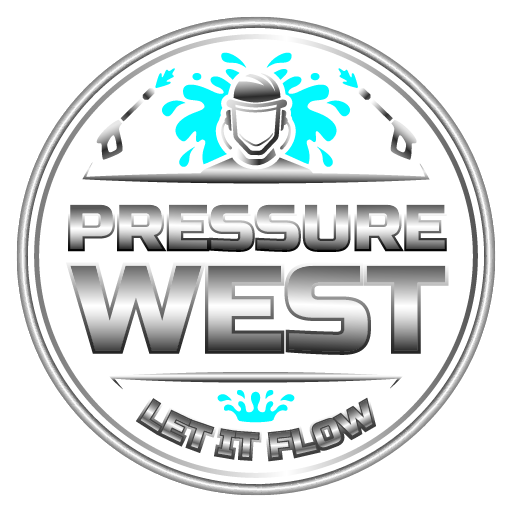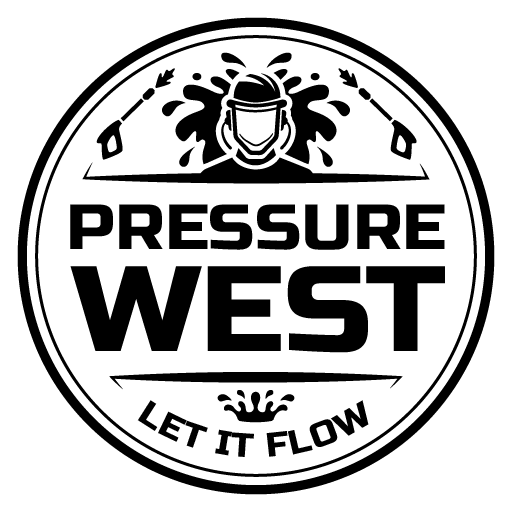When it comes to high-powered cleaning, both a gas and diesel power washer deliver the performance needed for tough jobs. But which one is right for your needs? Whether you’re a contractor, a business owner, or just someone with serious cleaning demands, understanding the key differences between these machines will help you make an informed decision. In this article, we’ll compare the pros and cons of gas and diesel power washers, look at performance, maintenance, cost, and more—so you can choose the right tool for the job.
What Is a Diesel Power Washer?
A diesel power washer is a pressure washer that uses a diesel engine to power its pump. These machines are commonly used in industrial and commercial settings where high power and long operating times are necessary. Diesel engines are known for their durability, efficiency, and ability to run for extended periods without overheating. Unlike electric or gas models, diesel power washers are often used in environments where fuel availability and engine longevity are key concerns—such as construction sites, oil rigs, or remote locations.
How Gas Power Washers Work
Gas power washers, as the name suggests, run on gasoline. They’re one of the most popular pressure washer types for both homeowners and professionals due to their portability and wide availability. Gas pressure washers come in a range of sizes and power levels, making them versatile enough for everything from cleaning driveways to stripping paint. They don’t require a power outlet, so they’re convenient for outdoor jobs where electricity isn’t accessible.
Diesel Power Washer: Advantages and Use Cases
The diesel power washer offers several unique advantages that make it ideal for heavy-duty tasks and professional environments:
Fuel Efficiency & Longer Runtime
Diesel engines are typically more fuel-efficient than their gas counterparts. This means a diesel power washer can run longer on the same amount of fuel, making it ideal for extended jobs.
Industrial Durability
Diesel engines are built for endurance. They’re capable of withstanding tough conditions and are often used in industries that demand long hours of operation with minimal downtime.
Great for Remote Work
In locations where gasoline might not be as readily available—or where diesel is already being used for other machinery—it makes logistical sense to use a diesel power washer.
Lower RPMs = Less Wear
Diesel engines often run at lower RPMs, which can reduce engine wear and prolong the life of the unit, especially when compared to gas models operating at higher speeds.
At Pressure West, we supply custom diesel power washer systems that are designed to match your workflow and fuel infrastructure. Whether you’re looking for hot water compatibility or trailer-mounted rigs, we’ll help you spec out a solution that delivers power and durability in the field.
Key Benefits of Gas Power Washers
While diesel units are built for industrial jobs, gas power washers are often the go-to for contractors and homeowners who need serious cleaning power without the bulk of a diesel setup.
More Affordable
Gas pressure washers tend to be cheaper upfront than diesel units, making them a practical option for those with smaller budgets or less frequent use cases.
Lightweight and Portable
Generally, gas models are lighter and easier to transport than diesel washers. This makes them suitable for tasks that require mobility and flexibility, like moving between job sites or cleaning around the home.
Wide Availability
Gasoline is easy to find and available almost everywhere, which makes refueling simple and hassle-free.
Diesel Power Washer: Maintenance and Operating Costs
Like any equipment, diesel power washers come with their own set of maintenance and operating considerations. While they might be more durable over time, they also tend to be more complex.
Higher Initial Investment
Diesel units are often more expensive to purchase upfront due to their heavy-duty build and engine type.
Regular Maintenance Required
Though they’re built for longevity, diesel engines require consistent upkeep—such as oil changes, filter replacements, and inspections—to keep them running at peak performance.
Cost-Effective for Frequent Use
If you’re using a pressure washer regularly or for long durations, diesel becomes more cost-effective in the long run thanks to its superior fuel efficiency and durability.
Noise, Emissions, and Environment
Diesel engines are generally louder than gas engines. If you’re working in residential areas, this could be a concern. Gas power washers are also noisy, but slightly less so compared to diesel. Diesel engines produce more emissions than gasoline ones. Some areas have strict emissions standards that may limit the use of diesel power washers or require specialized units with additional emission control systems. Gas power washers also emit pollutants, but they typically meet more relaxed regulatory requirements. If you’re concerned about emissions or need to comply with local regulations, check the engine certifications before purchasing.
Diesel Power Washer: Ideal for Commercial and Industrial Jobs
For large-scale operations, a diesel power washer is often the preferred tool. Here’s why:
- Longer operation without overheating
- Better suited for high-pressure, high-GPM (gallons per minute) tasks
- Compatible with hot water systems more often than gas models
Hot water pressure washers, commonly used for grease, oil, and heavy-duty cleaning, are frequently diesel-powered because the engine has the torque needed to run both the pump and the burner.
Choosing Between Gas and Diesel: What to Consider
When deciding between a gas or diesel unit, consider the following:
- Usage Frequency: If you only use your pressure washer occasionally, a gas model might be more cost-effective.
- Job Type: For heavy-duty, all-day jobs, diesel is typically better.
- Budget: Gas units are cheaper upfront, but diesel offers better value over time for regular use.
- Portability Needs: Gas models are easier to move, while diesel models are more stationary and heavy.
- Fuel Availability: Go with the fuel that’s easiest to source for your worksite or location.
Diesel Power Washer: Safety Considerations
When operating a diesel power washer, it’s important to follow best practices for safety:
- Operate in well-ventilated areas to avoid carbon monoxide buildup
- Wear hearing protection, as diesel units can be extremely loud
- Ensure proper fuel storage and handling to reduce fire risk
- Inspect hoses and connections regularly to prevent leaks under high pressure
The high PSI (pounds per square inch) and temperature of some diesel washers can cause serious injury if mishandled, so proper training and gear are essential.
Final Thoughts
The choice between a gas and diesel power washer ultimately comes down to your specific cleaning needs, budget, and work environment. If you’re a homeowner or a contractor who needs something portable and cost-effective for occasional use, a gas power washer is likely your best bet. But if you run an industrial operation or need a machine that can handle continuous, heavy-duty tasks, investing in a diesel power washer will pay off in the long run.
At Pressure West, we don’t just sell pressure washers—we help you build a system that fits your business. From custom trailer setups to replacement parts and expert advice, our team is here to support your cleaning operation from start to finish.
By understanding the pros and cons of each type, you can choose a power washer that not only meets your needs but also delivers the best value and performance for your work.


